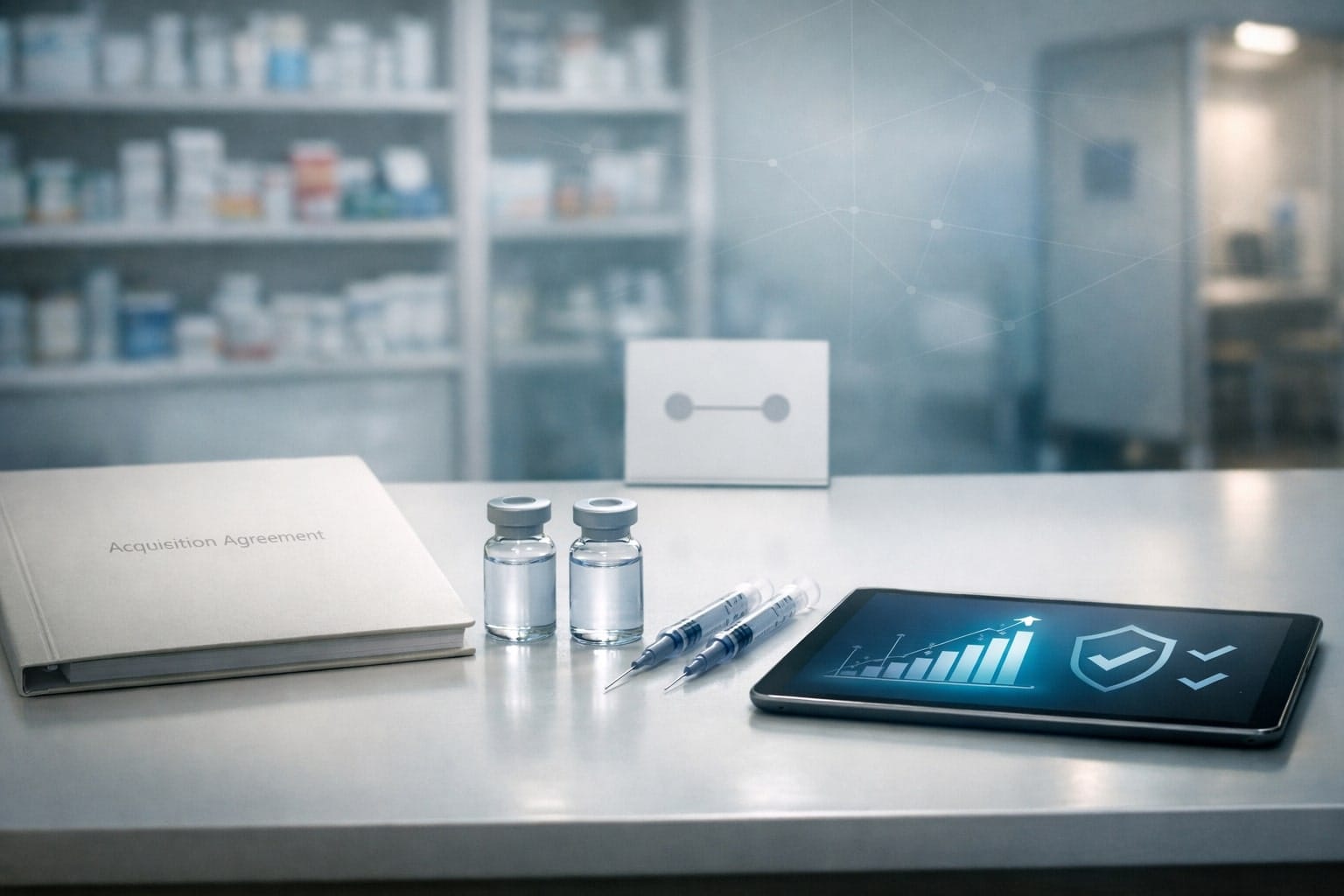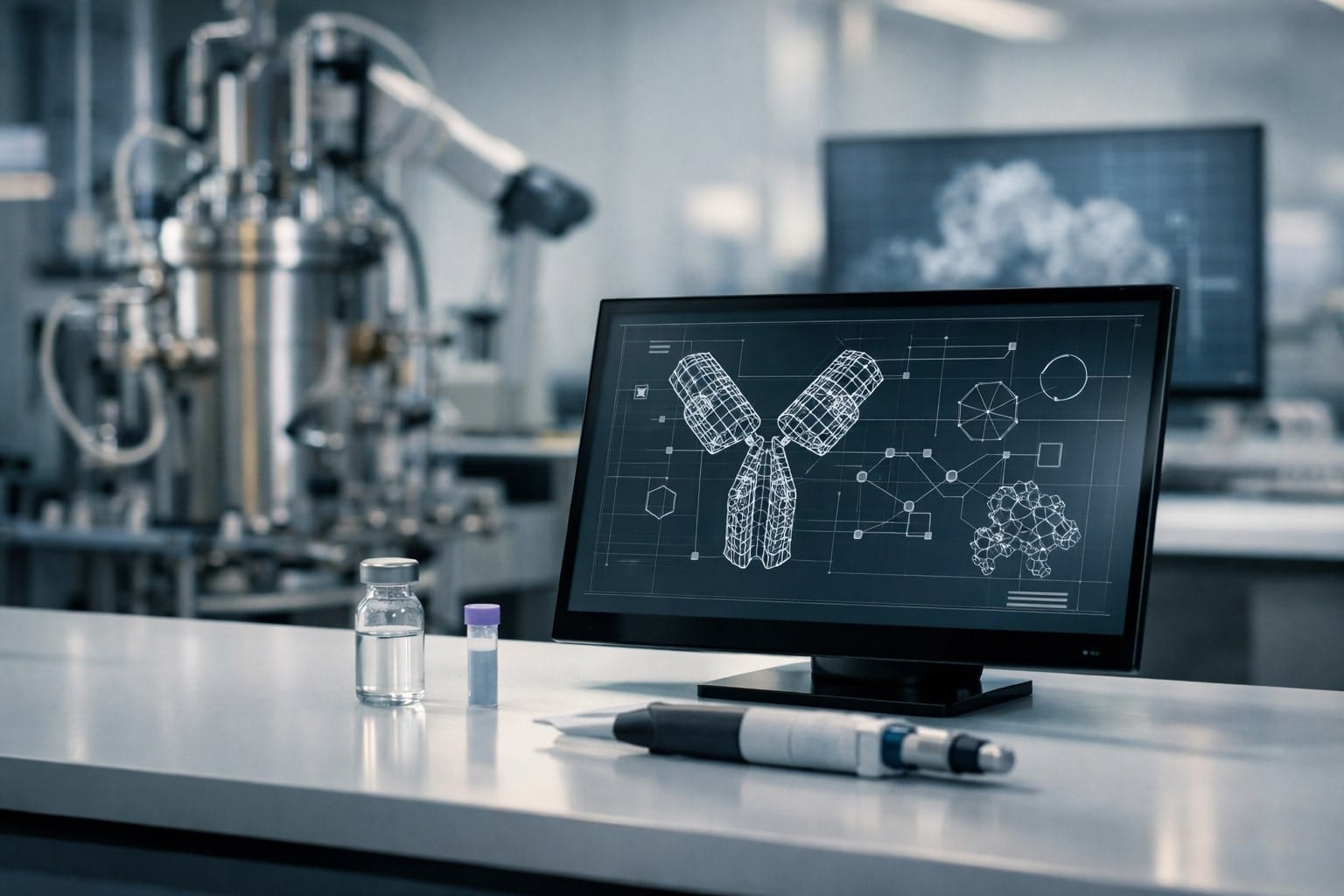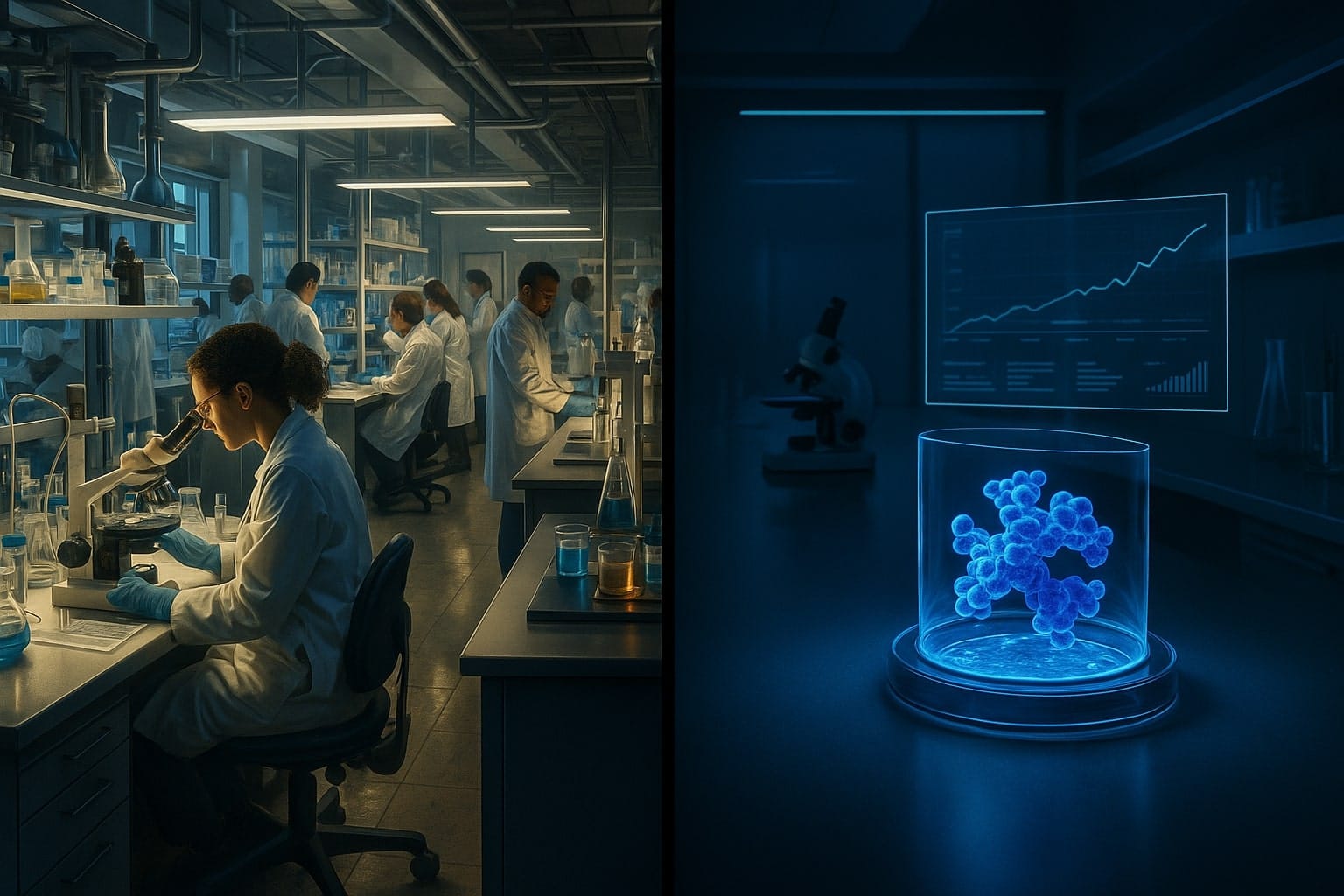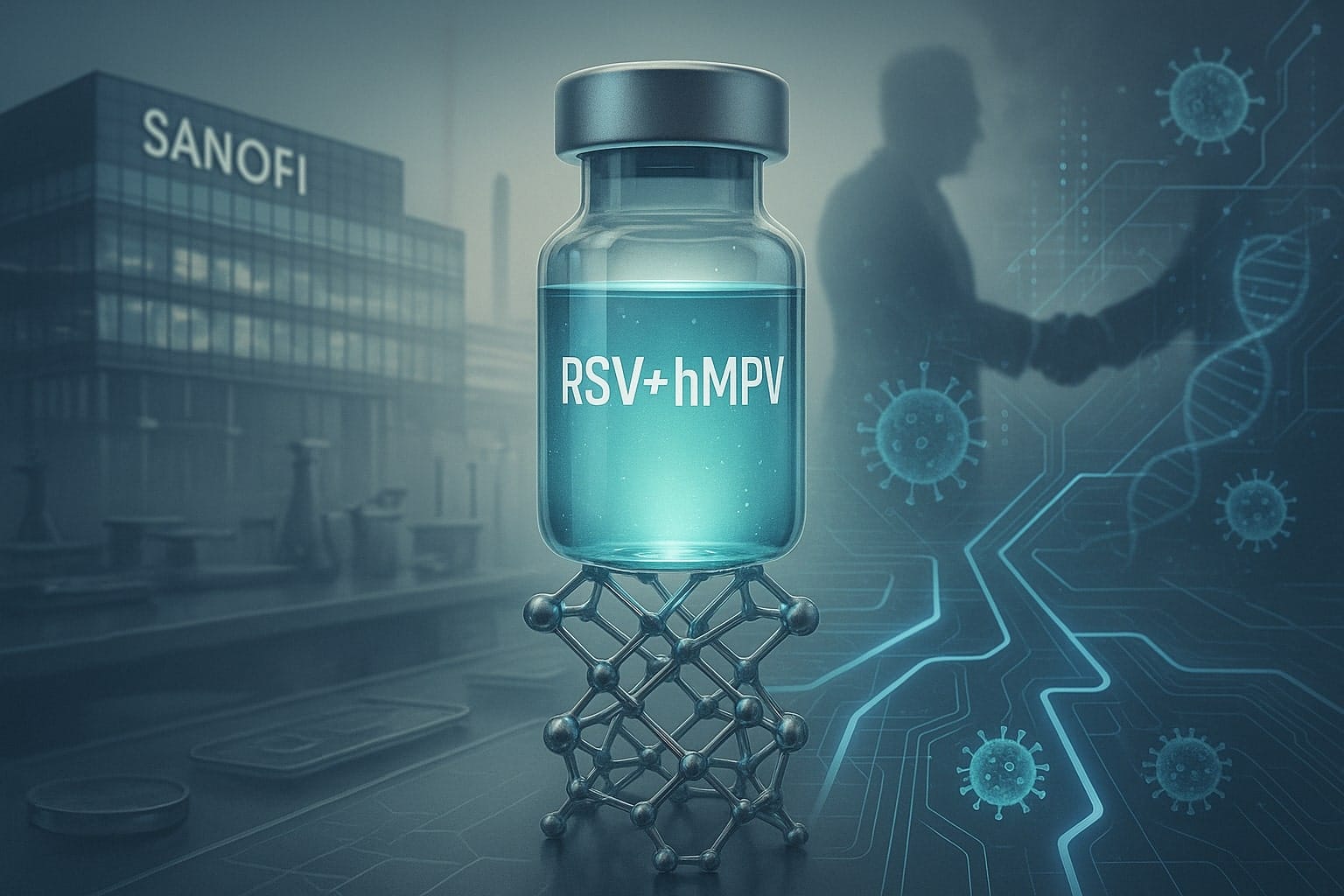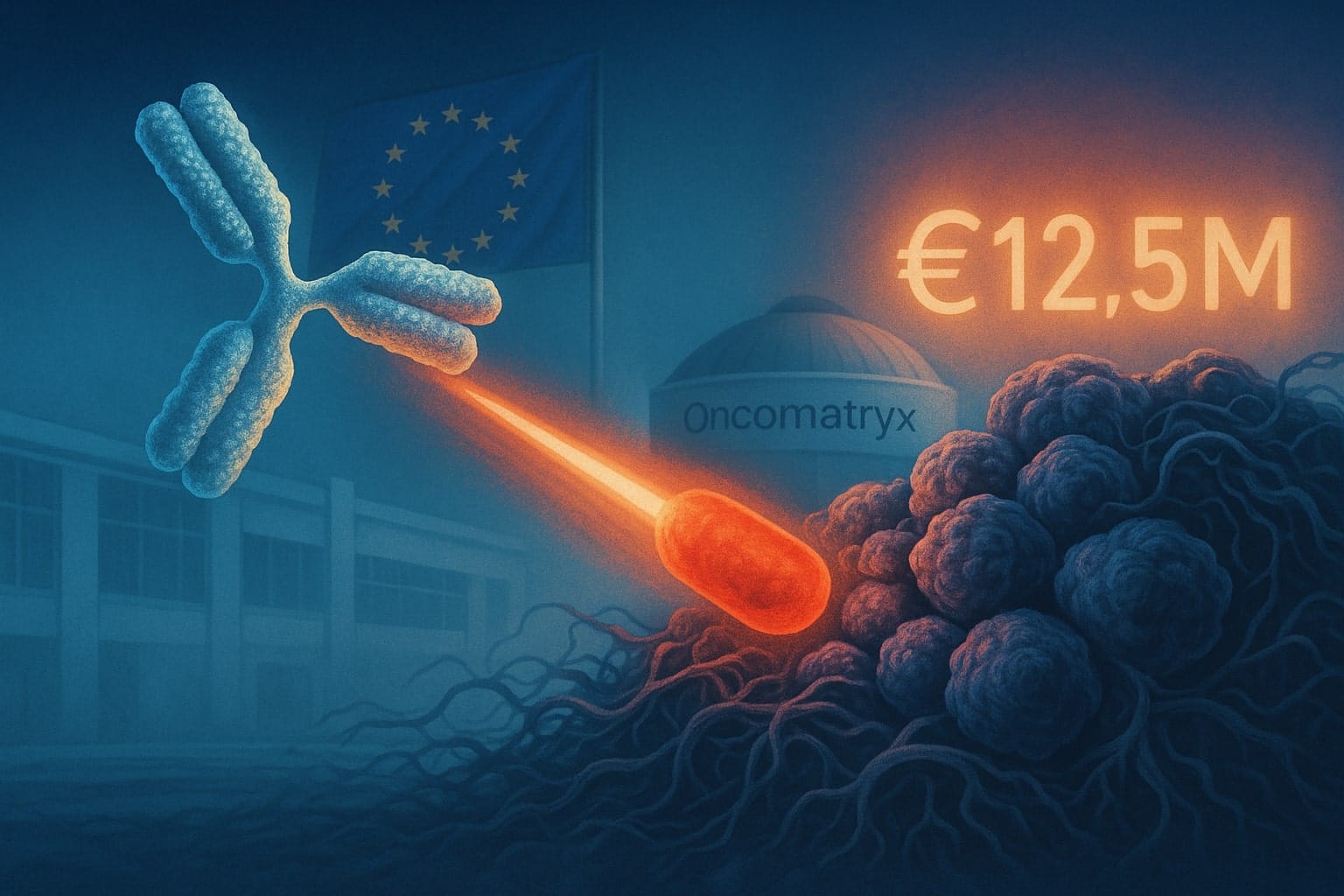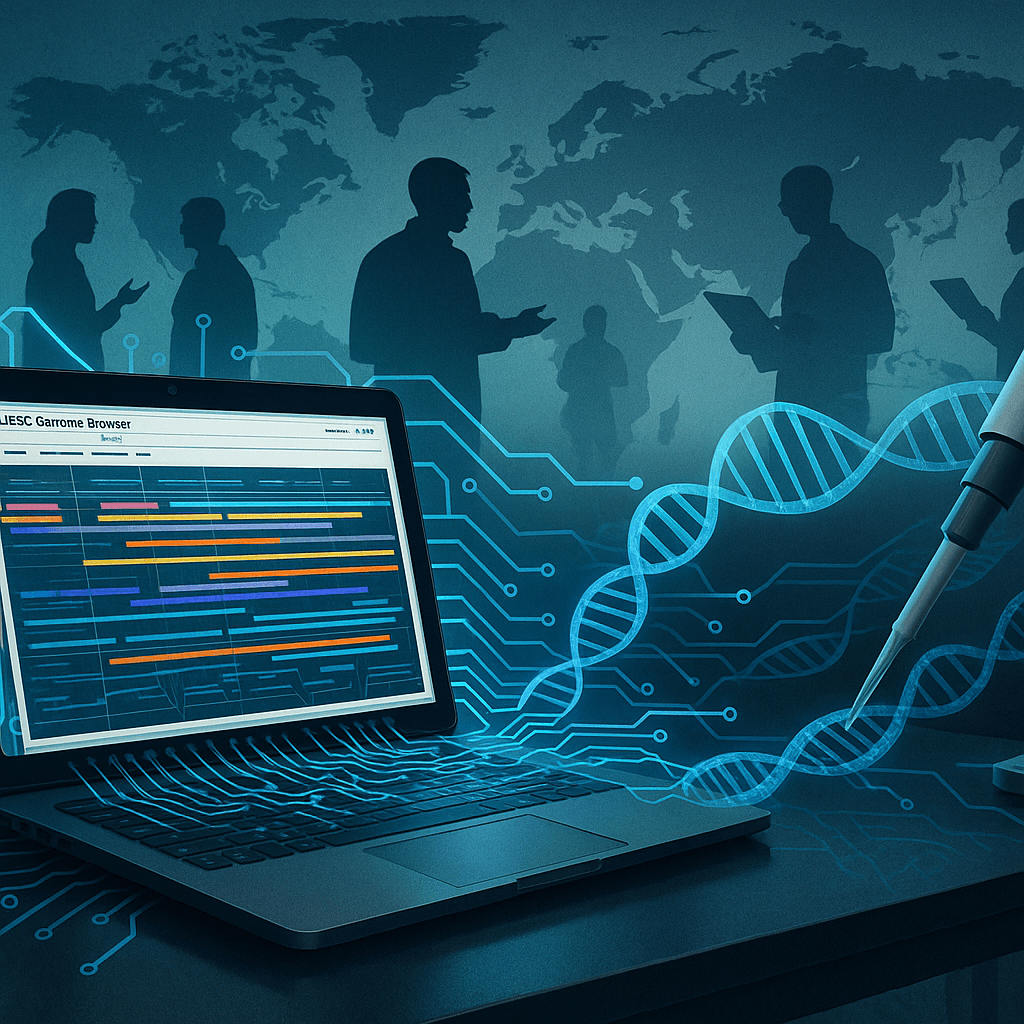Table of Contents
ToggleAbstract
This report explores the emerging field of animal-free dairy production through biotechnology, focusing on various technological approaches, environmental and ethical impacts, economic viability, and future directions. Companies like TurtleTree Labs, ImaginDairy, Remilk, and Perfect Day are at the forefront, using precision fermentation, microflora-based production, and mushroom-based proteins to create sustainable, ethical, and scalable dairy alternatives.
Introduction
The traditional dairy industry is a significant contributor to environmental degradation, with substantial greenhouse gas emissions, land use, and water consumption. Moreover, ethical concerns related to animal welfare have spurred the search for sustainable and ethical alternatives to cow’s milk. Advances in biotechnology have enabled the production of dairy-identical proteins without the need for cows, promising a revolution in the dairy industry.
Technological Approaches
Precision Fermentation
Precision fermentation involves programming microorganisms, such as yeast or bacteria, with the genetic instructions to produce specific proteins found in milk. This method is used by companies like TurtleTree Labs and Remilk to create key milk proteins such as lactoferrin and casein.
TurtleTree Labs employs precision fermentation to produce lactoferrin, a protein typically derived from cow’s milk. By inserting the genetic sequence for lactoferrin into yeast, they can ferment it in controlled environments to produce a protein identical to that found in cow’s milk. TurtleTree’s lactoferrin has achieved self-affirmed GRAS status and is moving towards commercialization, partnering with companies like Cadence Performance Coffee.
Remilk, based in Israel, uses a similar process to produce dairy-identical proteins by copying cow DNA and inserting it into yeast. This method allows them to create proteins that are combined with vitamins and non-animal fats to produce milk without the cow, significantly reducing environmental impacts.
Microflora-Based Production
Perfect Day, a California-based startup, uses microflora to produce animal-free whey protein. This process involves genetically modifying microflora to produce both whey and casein through fermentation, similar to brewing beer but with different yeasts. The resulting proteins are used to create various dairy products that are indistinguishable from those made with cow’s milk.
Mushroom-Based Milk Proteins
ImaginDairy, an Israeli startup, uses precision fermentation with mushrooms to create milk proteins. This innovative approach allows them to produce various dairy products without cows, focusing on sustainability and reducing the environmental footprint of dairy production. The partnership with Ginkgo Bioworks aims to enhance production efficiency and cost-effectiveness.
These technological approaches are paving the way for a new era in dairy production, offering sustainable and ethical alternatives to traditional dairy farming. The advancements in precision fermentation, microflora-based production, and mushroom-based proteins highlight the potential of biotechnology to meet global dairy demands while addressing environmental and ethical concerns.
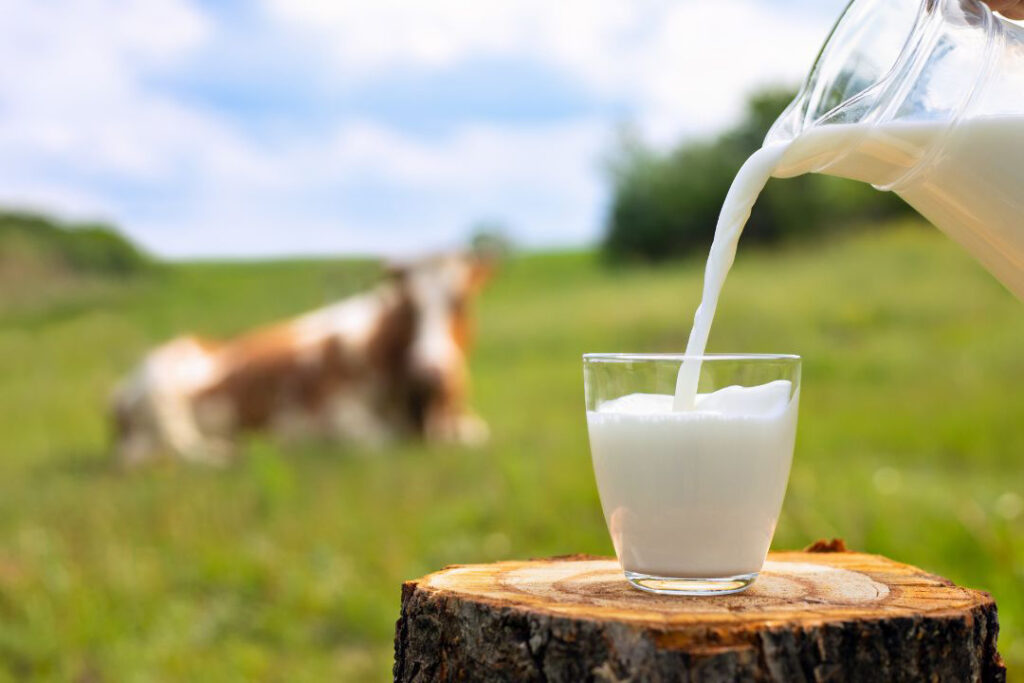
Environmental and Ethical Impacts
The shift to producing milk without cows through biotechnological methods offers significant environmental benefits compared to traditional dairy farming. Traditional dairy production is a major contributor to greenhouse gas emissions, accounting for roughly 3-4% of global anthropogenic emissions. This includes methane from cow digestion and nitrous oxide from manure management. Additionally, traditional dairy farming requires substantial land and water resources, contributing to deforestation, biodiversity loss, and water scarcity.
Environmental Benefits:
- Reduced Greenhouse Gas Emissions: Biotech milk production drastically lowers emissions. For instance, Perfect Day claims its process reduces blue water consumption by up to 99%, greenhouse gas emissions by up to 97%, and non-renewable energy use by up to 60% compared to conventional dairy farming.
- Land and Water Use: Companies like Remilk estimate their methods use only 1% of the land and 5% of the water required for traditional dairy production. This reduction is critical in addressing land degradation and water shortages.
- Absence of Antibiotics and Hormones: Biotech milk production eliminates the need for antibiotics and growth hormones, which are commonly used in dairy farming and can contribute to antibiotic resistance and other health issues.
Ethical Benefits:
- Animal Welfare: By eliminating the need for cows, biotech milk production addresses ethical concerns related to animal welfare, such as the exploitation and poor living conditions of dairy cows.
- Health and Safety: Biotech milk can be free from contaminants like antibiotics and hormones, making it potentially safer and healthier for consumers.
Economic Viability and Market Potential
The market potential for animal-free dairy products is substantial, driven by increasing consumer demand for sustainable and ethical food options. The biotech dairy industry is attracting significant investments and forming strategic partnerships to scale production and enter mainstream markets.
Current Developments:
- TurtleTree Labs has secured partnerships for commercializing their precision fermentation lactoferrin, with products expected to hit the market soon. Their collaborations aim to enhance the nutritional profile and safety of their products for broader applications, including infant formula.
- Remilk is building a large-scale production facility in Denmark, capable of producing milk proteins equivalent to that of 50,000 cows. This facility highlights the scalability and economic viability of biotech dairy production.
- Perfect Day has raised over $750 million to fund its animal-free whey protein production. Their technology is already used in various consumer products, including ice cream and cheese, and they continue to expand their partnerships with established food brands.
Challenges and Future Directions
Technical and Regulatory Challenges
Producing milk without cows through biotechnological methods faces several significant challenges. One primary challenge is replicating the complex structure and functionality of mammary glands to produce milk components in vitro. This involves isolating mammary epithelial cells, optimizing cell culture media, and developing three-dimensional culture systems that can accurately mimic the milk synthesis and secretion process. Overcoming these technical hurdles is crucial for achieving efficient and scalable production of cell-cultured milk.
Another critical challenge is the regulatory landscape. Novel food products, especially those derived from genetically modified organisms (GMOs) or involving new biotechnological processes, must undergo rigorous safety assessments and obtain regulatory approvals before entering the market. These processes can be time-consuming and vary significantly across different regions, posing a barrier to the swift commercialization of biotech dairy products.
Public Perception and Acceptance
Consumer acceptance is another hurdle. Despite the environmental and ethical benefits, many consumers may be hesitant to adopt biotechnologically produced milk due to concerns about safety, taste, and nutritional equivalence. Educating consumers about the benefits and safety of these products, as well as transparent labeling, will be crucial for gaining widespread acceptance.
Future Research and Development Goals
Future research is likely to focus on improving the efficiency and scalability of production processes. This includes optimizing fermentation and cell culture techniques to enhance yield and reduce costs. Companies like Perfect Day and TurtleTree Labs are already working on refining their production methods to achieve these goals. Additionally, there is significant interest in expanding the range of dairy products that can be produced biotechnologically, such as cheeses, yogurts, and even human breast milk analogs.
Research into the nutritional and functional properties of biotechnologically produced milk is also critical. Ensuring that these products match or exceed the nutritional profile of traditional dairy is essential for gaining consumer trust and meeting dietary needs, particularly in markets where dairy is a key nutritional component.
Expansion into New Markets
As biotechnological methods for milk production become more efficient and cost-effective, there is potential for significant market expansion. Companies are likely to form strategic partnerships with established food brands to incorporate biotech dairy into a broader range of products. This approach not only helps in scaling production but also aids in market penetration by leveraging the brand recognition and distribution networks of established players.
Conclusion
Biotechnologically produced milk represents a promising advancement in food technology, offering sustainable and ethical alternatives to traditional dairy. Companies like TurtleTree Labs, ImaginDairy, Remilk, and Perfect Day are leading the way with innovative approaches that could revolutionize the dairy industry. Despite facing technical, regulatory, and consumer acceptance challenges, the potential environmental and economic benefits make this an exciting area for future development. Continued research and strategic partnerships will be key to overcoming these challenges and realizing the full potential of biotech dairy products.




